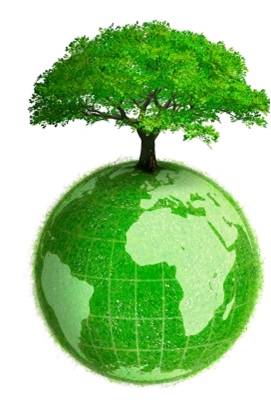 Today, a hot topic around the world is environmental sustainability. The terms such as sustainable business, ethical business, resilient business, green business, conscious capitalism, collaborative consumption, sustainable brands… etc have been created to keep up with the new ways the business world explains their environmental endeavors. But exactly what do these terms mean?
Today, a hot topic around the world is environmental sustainability. The terms such as sustainable business, ethical business, resilient business, green business, conscious capitalism, collaborative consumption, sustainable brands… etc have been created to keep up with the new ways the business world explains their environmental endeavors. But exactly what do these terms mean?
How do translators deal with these terms? How do they communicate the newest information on the issue in terms that everyone can understand? How do you build a “green building” in Thailand without the building being painted green?
Freya Williams, a columnist from the Guardian Professional, noticed the miscommunication when she visited multiple business conferences.
“…the lack of alignment on a common [sustainable business] language can lead to meetings in which some participants are left wondering what exactly they are discussing, while others are talking at cross purposes, and some are trying express ideas for which a name may not yet exist.”
In a conference as such, interpreters/translators have to convey the same level of vagueness or specificity or pragmatism, as the situation may be. Translators have to recognize the term coined in the target language, which might tend to be a literal translation of the English term. Hence, translations to these concepts may be just as vague as expressed in the original language.
New words are made to keep up with the changing times, but not everyone is on the same page with these changes. Perhaps it’s time for the world community to work together on the definition of the new vocabulary, so everyone can truly understand and communicate in an environmental conference.
Info: http://www.guardian.co.uk/sustainable-business/blog/articulating-sustainability-language-green-business
Image: http://sustainablebusinessincubator.com/


 (3 votes, average: 4.33 out of 5)
(3 votes, average: 4.33 out of 5)

Leave Your Comments Below